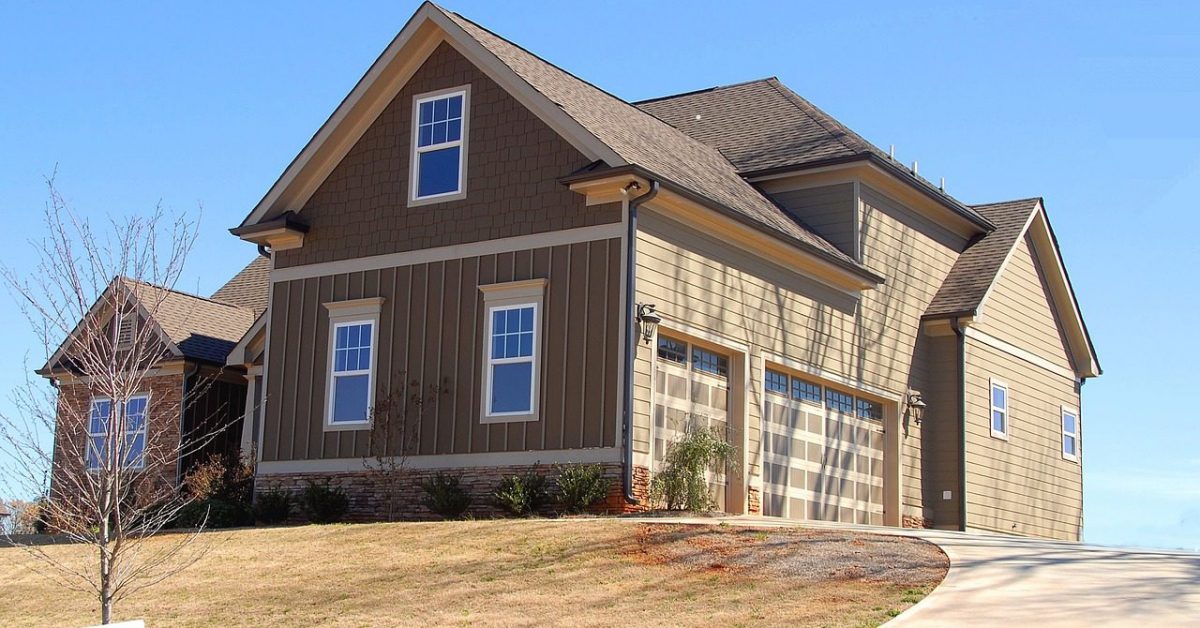You may have heard the term Private Mortgage Insurance when looking to finance real estate. What is PMI, and how do you know when you need to purchase it?
The answer can be hard to find among all the real estate jargon you’re hearing lately. Below is the short version of what you need to know.
What Is Private Mortgage Insurance?
PMI is an extra insurance required by some lenders to offset their risk of you defaulting on your home loan. When you put down less than 20 percent of the real estate’s value, your lender may tell you that you have to buy PMI.
It is usually added into your monthly mortgage payment until the equity in your real estate reaches 20 percent.
Under the current law, the PMI will be canceled automatically at 22 percent equity, if you are current on your payments. If you aren’t current, the lender does not have to cancel the insurance because the loan is high-risk.
After getting caught up on your payments, the PMI will be cancelled. Any money that you have overpaid must be refunded to you within 45 days.
What If Your Real Estate Increases In Value?
With a conventional loan, it may take as many as 15 years of a 30-year loan to pay down 20 percent. But, if property values in your area rise, you might be able to cancel the PMI sooner.
Some lenders may be willing to consider the new value of your home to determine the equity in your home. You may be responsible for any fees, like an appraisal, that occur.
You’ll have to weigh the costs of the appraisal against the savings of the PMI premium. In most cases, you’ll find that the added expense is worth it. Private mortgage insurance is a good thing if you can’t afford to pay 20 percent of the cost of your real estate as down payment.
Are you a first-time homebuyer? Now is the best time for you to make the investment. Call us today to find out why.

